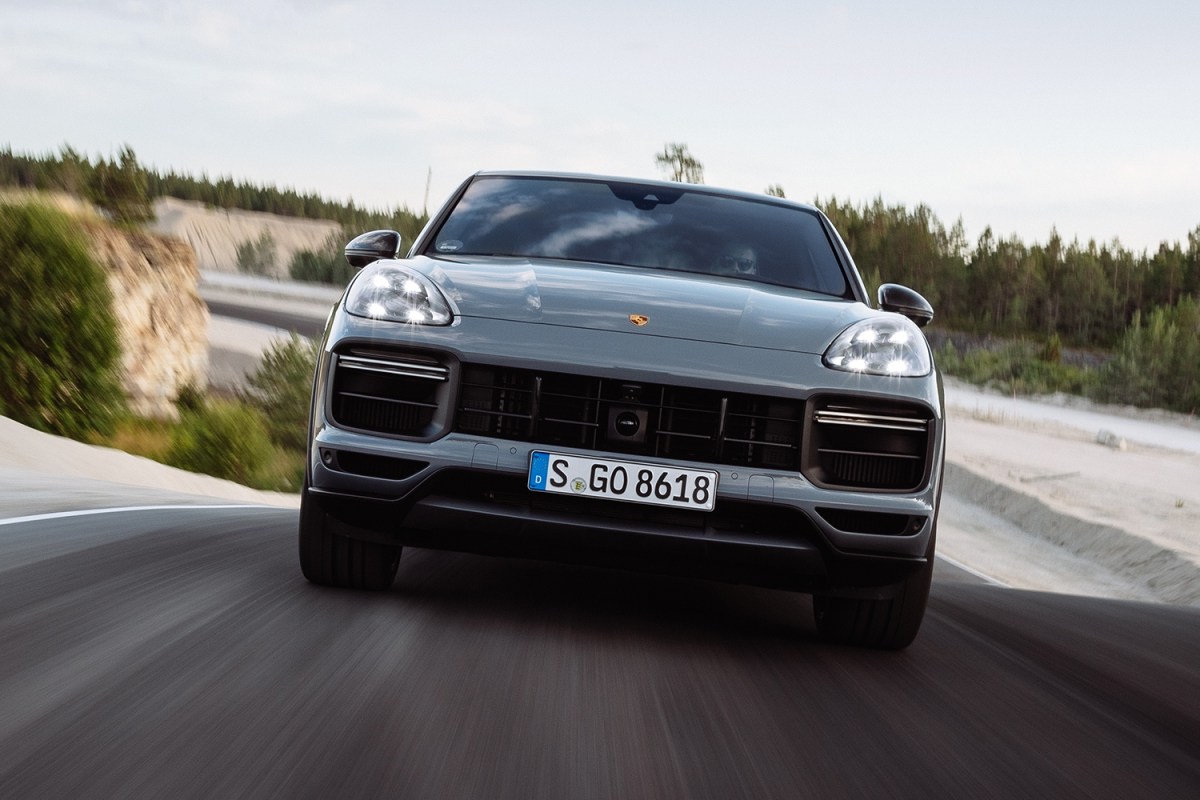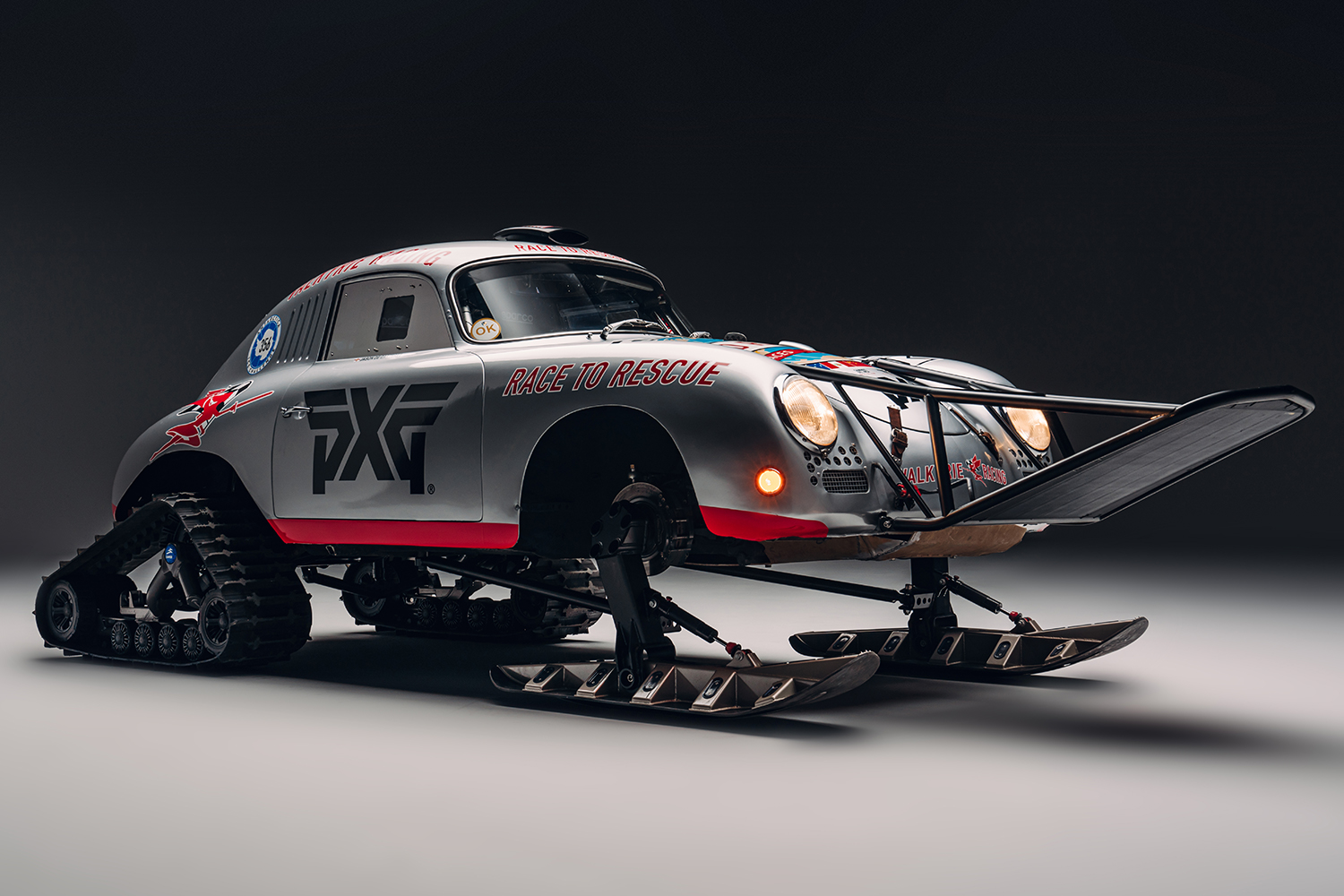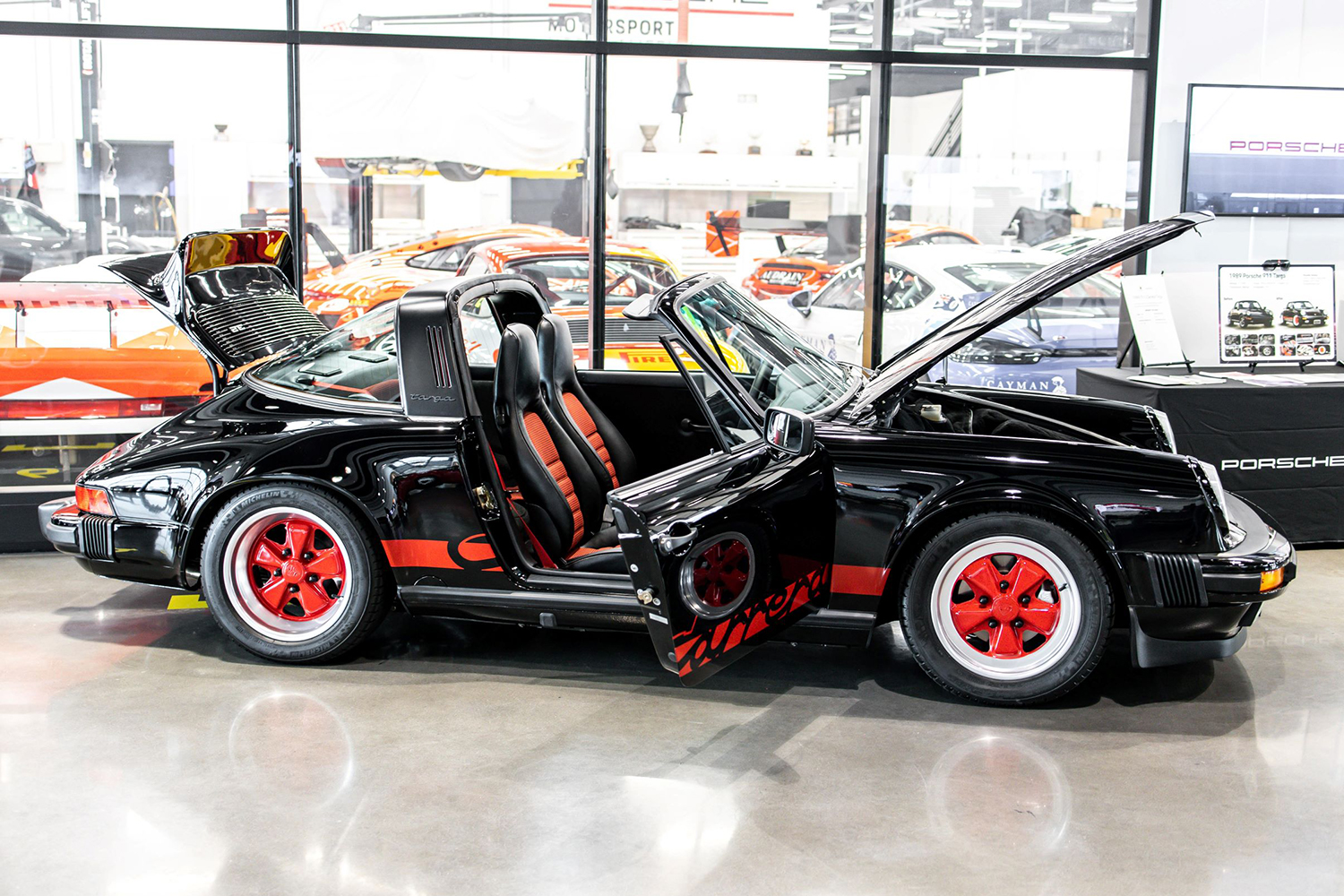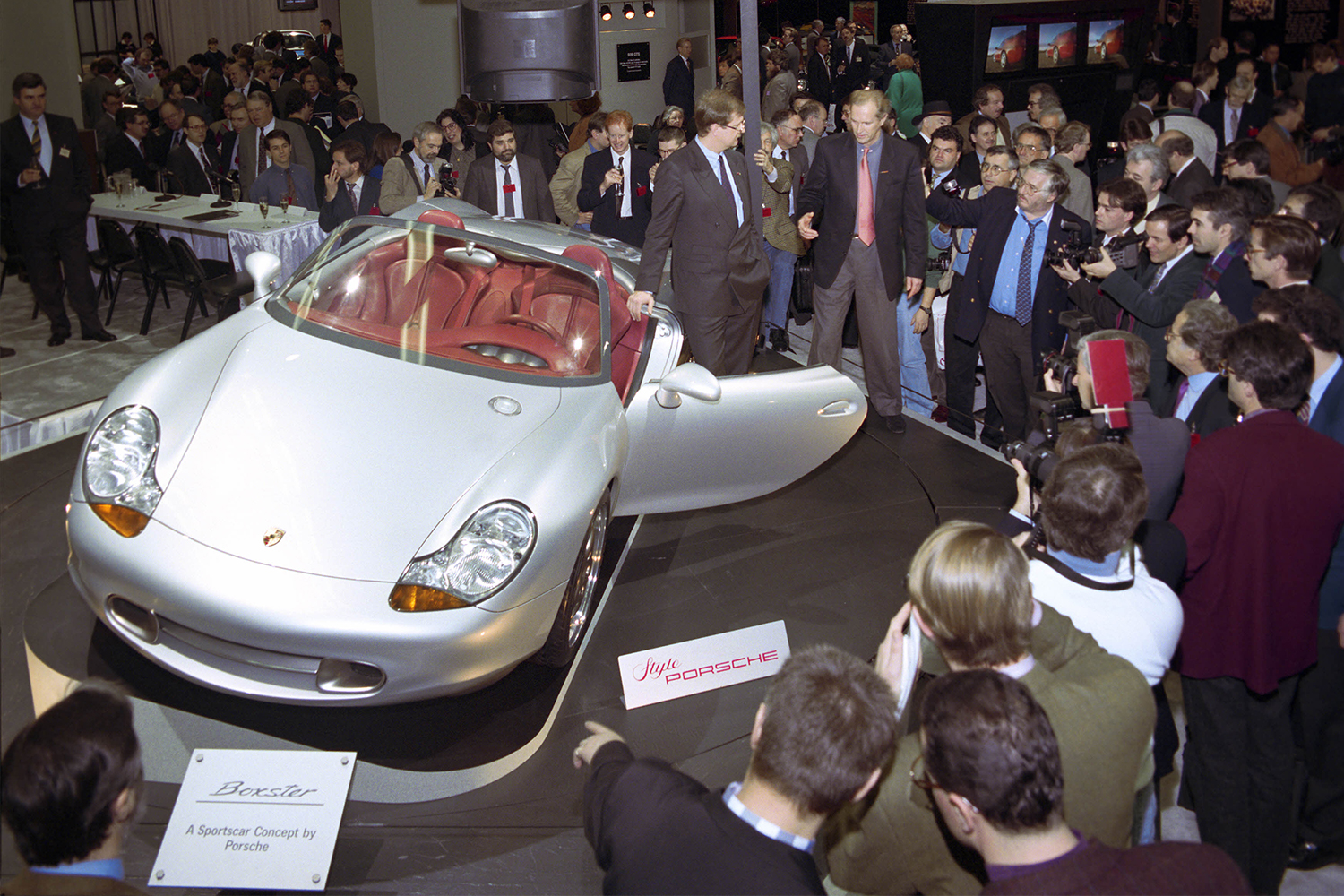“Honestly, I have seen more attractive gangrenous wounds than this. It is a monkfish among cars. It has the sex appeal of a camel with gingivitis. And frankly I would rather walk back to the studio than drive another yard in it.”
That’s former Top Gear host Jeremy Clarkson’s first impression of the Porsche Cayenne when the Germans unveiled their first SUV for model year 2003. His sentiment was one held by many at the time: that the storied sports car maker was committing heresy by putting its name on something as utilitarian as a sport-utility vehicle. But we know how that story ends: in 2020, the Cayenne was the brand’s best-selling model, beating out the Macan, their other SUV, which came in second.
Now, in news that shouldn’t surprise anyone, we have reports that an even larger SUV is in the works at Stuttgart. As Urvaskh Karkaria reports at Automotive News, Porsche “is developing a vehicle that is larger, longer and wider than the Cayenne midsize crossover,” citing U.S. dealers who were shown a rendering. While Porsche wouldn’t offer a comment, the story speculates that the new SUV could have three rows (which would be a first for the brand) and start as a plug-in hybrid with a battery-electric EV to follow, with a release sometime in the second half of the decade.
One dealer who spoke to the outlet said the SUV is “very un-Porsche-like” and “has a flat rear design” that’s “not anything like the Macan and Cayenne.”
The problem with that assessment, especially from a Porsche dealer, is that it’s a rehashing of a debate we had two decades ago. The Cayenne was not like anything Porsche had released before; at the time, it was similarly described as very un-Porsche-like. Today, both of the automaker’s SUVs are widely celebrated, both for performance and design (the Cayenne and Macan both made it on our list of best luxury SUVs). If Porsche does actually release this new, bloated SUV as this story says — moving it out of the rendering phase and into real life — it will be 100% Porsche, because as we’ve seen, the brand has already unshackled itself from nostalgia.
Yes, Porsche is committed to continuing the legacy of the 911 (as the waffling over whether or not to turn it into an EV shows), but they’re also committed to staying profitable. The Boxster kept them afloat in the ‘90s, then the SUVs gave them an early advantage in the 21st century as luxury automakers decided to cash in on oversized people movers.
You can argue about whether or not you personally like the design of their vehicles, and whether or not a three-row hauler is keeping with the Porsche ethos, but Porsche’s MO today is making money, not adhering to some antiquated, rose-colored ideal of a sports-car-first brand (which, it turns out, isn’t actually all that rosy).
Thanks for reading InsideHook. Sign up for our daily newsletter and be in the know.

















